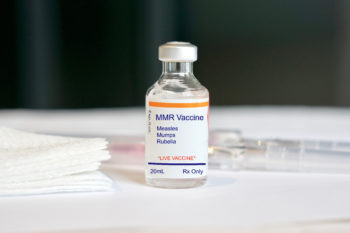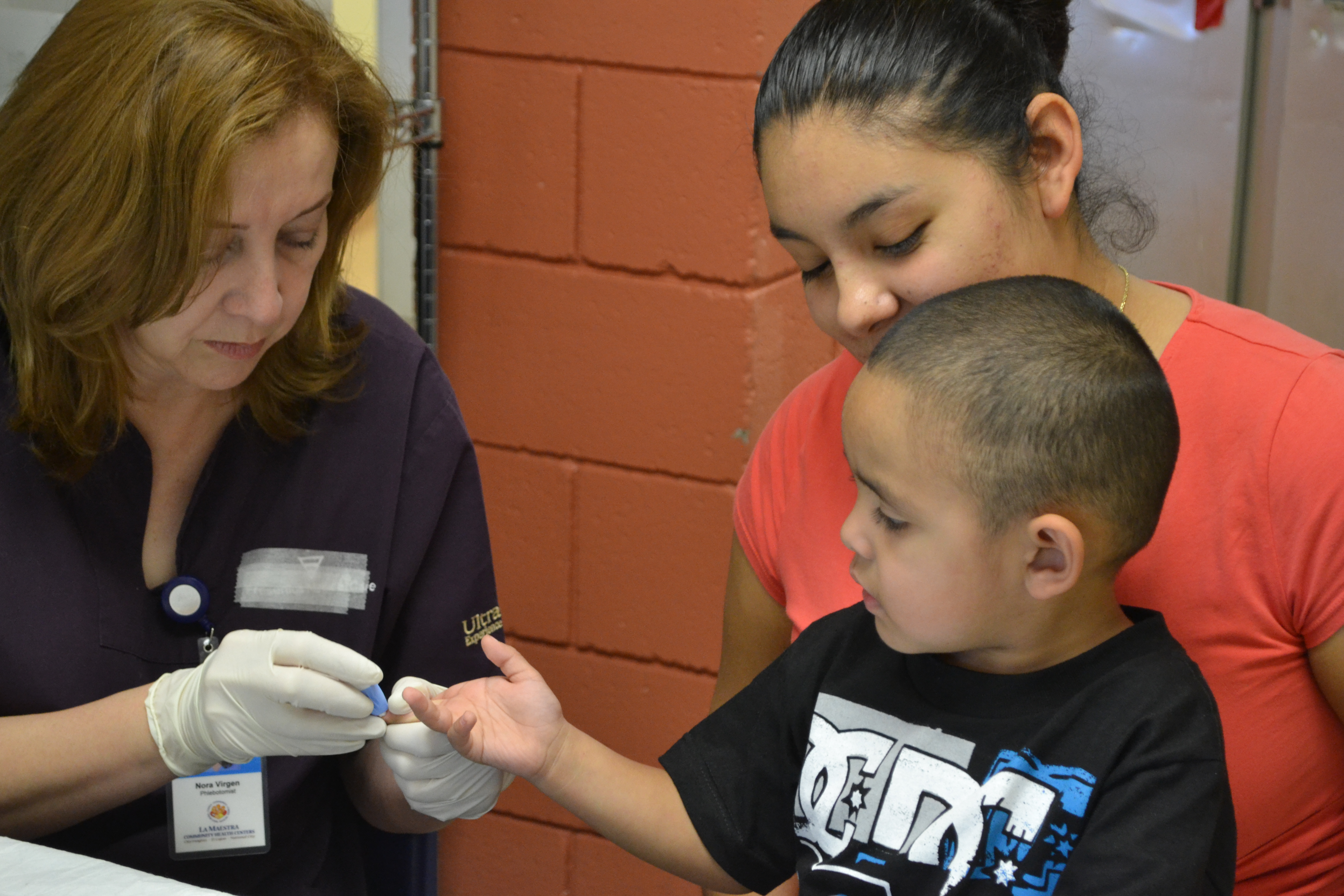A student at San Diego State University was recently confirmed to have mumps after exposure to another student who had been ill and likely also had mumps, the County Health and Human Services Agency reported today.
The two students are housemates living off campus and were up-to-date with mumps vaccinations. The students were not hospitalized and have recovered.
It is not known where the first student who became ill was exposed to mumps, but there is no apparent connection to the recent mumps cases reported at California State University San Marcos or San Diego Christian College.
“SDSU is working closely with the County to inform the university community about the symptoms of mumps and vaccine recommendations,” said Sayone Thihalolipavan, M.D., M.P.H., County deputy public health officer. “These unrelated cases at campuses in the county mean that mumps may be present in the community, which is why we encourage that everyone be up-to-date with measles, mumps and rubella immunizations.”
Nineteen mumps cases have been reported in San Diego County so far this year. This compares to three or fewer mumps cases noted annually in recent years.
The Centers for Disease Control and Prevention has reported 2,570 mumps cases in the United States so far this year, the largest number of cases since 2010 when 2,612 cases were reported. The median age of mumps cases reported across the country is 21 years.
Mumps is a highly contagious viral disease. It is spread by coughing, sneezing or close contact with an infected person. Mumps causes a fever, headache, earache, and inflammation of the salivary glands which results in swelling and tenderness at the angle of the jaw. Anyone who thinks that they have mumps should contact their provider before going for care so proper precautions can be taken to prevent exposure to others.
Severe complications are rare, but can include meningitis, decreased fertility, permanent hearing loss, and, in extreme cases, fetal loss during first trimester of pregnancy. There is no treatment for mumps. Most people recover without problems.
The best way to prevent mumps is by getting the MMR (measles, mumps and rubella) vaccine. Two doses of the vaccine are recommended—one at 12 to 15 months of age and another at 4 to 6 years of age.
For more information about mumps, other vaccine-preventable diseases, and the vaccines that protect against them, please contact the County HHSA Immunization Program at (866) 358-2966 or visit the website at www.sdiz.org.






